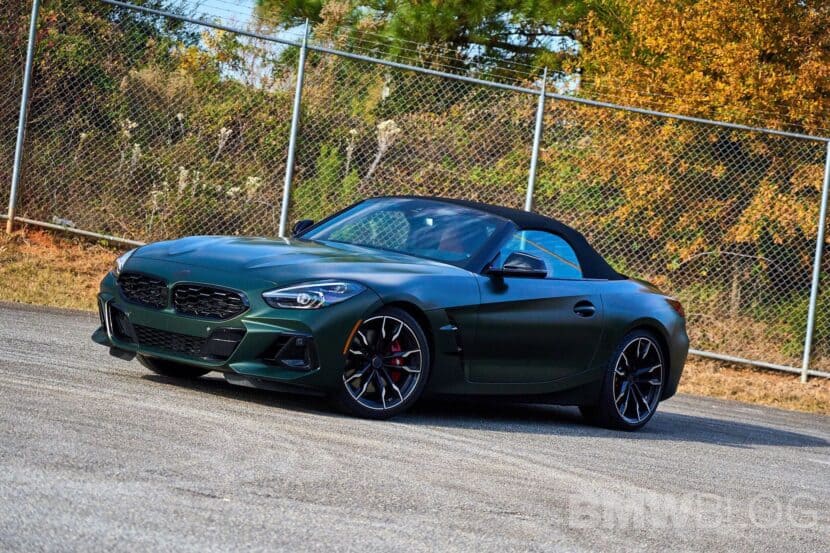Toyota and BMW are allegedly preparing to go their separate ways. According to Best Car, a Japanese publication, Toyota will end its collaboration with BMW for the next-generation GR Supra, expected to arrive in 2027. Instead of relying on BMW’s engines and platform, the sixth-generation Supra will use a Toyota-developed 2.0-liter turbocharged hybrid four-cylinder engine, producing around 400 horsepower.
The current A90 Supra, launched in 2019, shares much of its hardware with the BMW Z4—including the inline-six engine, chassis, and electronics. Both cars are built at the Magna Steyr plant in Graz, Austria. The decision to work together allowed Toyota to revive the Supra nameplate without building an all-new platform from scratch. It also gave BMW the chance to build a more cost-effective low volume roadster that its community loves.
A Clean Break
Toyota’s Gazoo Racing division, which oversaw the collaboration with BMW, is moving forward with an in-house approach. The new Supra will reportedly ride on a Toyota-developed rear-wheel-drive platform and ditch BMW’s B58 inline-six in favor of a hybridized 2.0-liter unit. It’s a lighter setup and better suited for future emissions standards. There have also been rumors that Toyota tested a version of the car with a Mazda-sourced inline-six—the same e-Skyactiv G engine used in the CX-70—but Best Car reports that weight and packaging concerns likely ruled it out. Toyota’s smaller four-cylinder hybrid appears to be the direction they’re committing to.
Final Editions Mark the End of the A90
Before production ends, Toyota is releasing limited-run Final Edition Supras in both Japan and the U.S. The Japanese version, priced at roughly $101,000, makes 434 horsepower and was limited to 300 units. All sold out quickly. The U.S. version launched at the Long Beach Grand Prix in April 2025 with 382 horsepower—matching the standard 3.0-liter model—and included suspension tweaks, aerodynamic changes, and the option for a manual gearbox. Just 100 were built, priced at $69,085.
While Toyota designed the Final Edition, it was still built by BMW at Magna Steyr. Inside BMW, according to sources, there had been brief discussions about launching in the last few years a high-performance Z4 M using either the Supra’s uprated B58 or the full S58 engine from the M3, but those plans were shelved.
BMW’s Z4 Future Still Unclear
The BMW Z4, which has always played second fiddle to the Supra in terms of sales, is also nearing the end of its run. Originally expected to go out of production in October 2025, BMW has now extended the G29’s life until March 2026.
As of now, BMW hasn’t confirmed a successor. If there is a next-gen Z4, it will likely continue on a version of the CLAR platform. But even if it gets the green light, don’t expect it before 2029. Development cycles for low-volume sports cars are long, and production capacity remains a challenge. BMW doesn’t build the Z4 in-house, and without a partner like Toyota, continuing the project could be difficult to justify.
For now, the final Z4s and Supras mark the end of a rare collaboration in the sports car world—one that gave enthusiasts two distinct, if mechanically related, machines.
[Source: Best Car via Forbes]




